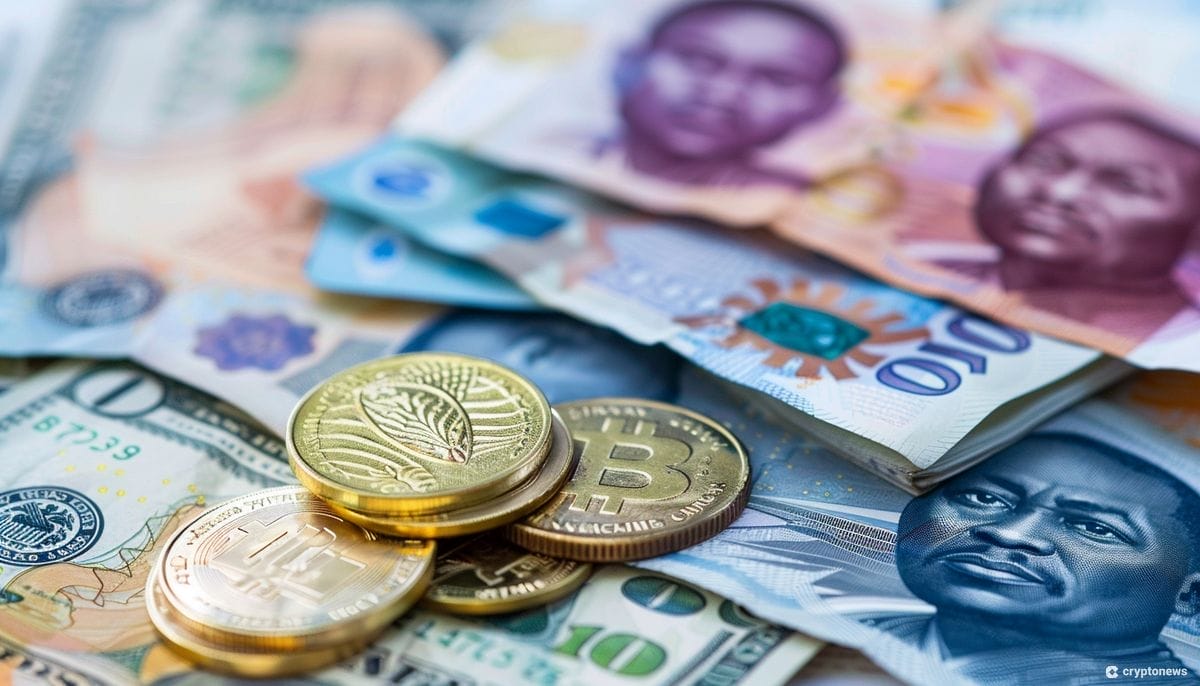KuCoin, a major cryptocurrency exchange, has announced the temporary suspension of all naira-based peer-to-peer (P2P) trading services due to increased scrutiny from Nigeria’s regulatory authorities. This decision comes after the country’s Securities and Exchange Commission (SEC) met with industry players and urged them to cease P2P trading activities. KuCoin made the announcement through a blog post, notifying its users of the halt in P2P naira services and Fast Buy service via Naira card. The exchange’s move is likely an attempt to avoid regulatory issues following recent charges faced by another major exchange, Binance.
The Nigerian government, particularly the office of the Security Adviser, has intensified its scrutiny of P2P cryptocurrency trading. Fintechs and banks have been instructed to close bank accounts associated with crypto trading and report such accounts to the authorities. The Economic and Financial Crimes Commission (EFCC) has also taken action by blocking thousands of accounts involved in crypto trading. Emomotimi Agama, the Director-General of the SEC, expressed concerns about the impact of P2P crypto trading on the depreciation of the naira, blaming crypto traders for the decline. Despite these measures, the naira continues to face challenges, with a recent decline in value against the US dollar at the FOREX parallel market.
In a recent conflict involving Binance, CEO Richard Teng accused a Nigerian government official of pressuring crypto representatives to accept a secret agreement to settle Nigeria’s claims against the exchange. The alleged settlement involved a $150 million bribe from someone in the Nigerian government. Teng stated that the demand for payment was presented as a means to resolve issues with the exchange, but the Binance team grew concerned about their safety and immediately departed Nigeria. The Nigerian government refuted Binance’s bribe accusation, claiming it is a distraction to shift focus away from the exchange’s actions. Binance had to discontinue services involving the Nigerian naira after facing regulatory scrutiny and a $10 billion fine imposed by the Nigerian government.
The suspension of naira-based P2P trading by KuCoin and the conflict involving Binance highlight the challenges faced by cryptocurrency exchanges in Nigeria. Regulatory authorities have increased scrutiny on P2P trading activities, leading to closures of bank accounts and blockades by the EFCC. The exchange rate of the naira has been impacted by P2P crypto trading, raising concerns among officials. Binance’s conflict with the Nigerian government and subsequent suspension of Nigerian local fiat currency services underscore the regulatory pressures faced by exchanges operating in the country. These developments reflect a broader trend of regulatory crackdowns on cryptocurrency exchanges globally, with Binance facing charges in the US and other countries for alleged violations of financial laws.
In conclusion, the suspension of naira-based P2P trading by KuCoin and the ongoing conflict involving Binance illustrate the challenges posed by increased regulatory scrutiny on cryptocurrency exchanges in Nigeria. As authorities intensify efforts to monitor and regulate crypto trading activities, exchanges face closures and fines, impacting their ability to operate in the country. The depreciating value of the naira and conflicts with government officials further complicate the operating environment for exchanges in Nigeria. This highlights the need for exchanges to navigate regulatory challenges and ensure compliance with laws to sustain their operations in the evolving cryptocurrency landscape.










